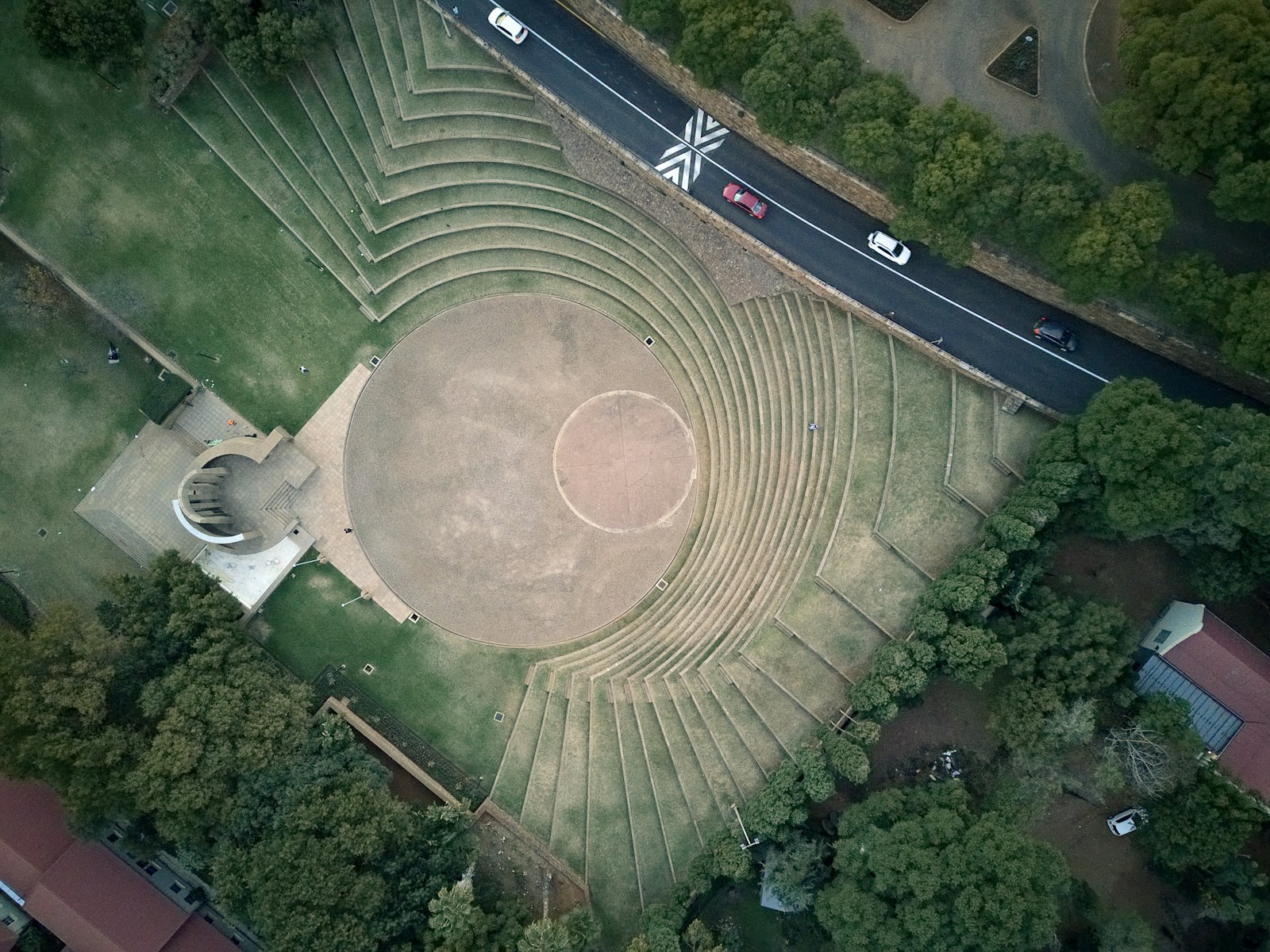
## Introduction
In recent years, Australia’s Voice referendum has emerged as a contentious issue, sparking heated debates and revealing deep divisions within the nation. While the aim of the referendum was to unite the country and promote inclusivity, the outcome has highlighted the underlying priorities and prejudices of different factions. This article delves into the complexities of the Voice referendum, exploring its historical context, key arguments, and the implications for Australia’s future.
Historical Background
The concept of an Indigenous Voice to Parliament has its roots in the 2017 Uluru Statement from the Heart. Indigenous leaders from across the country gathered at Uluru to discuss the recognition and empowerment of Aboriginal and Torres Strait Islander peoples. The Uluru Statement called for a First Nations Voice enshrined in the Constitution and a Makarrata Commission to oversee truth-telling and reconciliation.
The Voice Referendum Proposal
The Voice referendum proposal seeks to establish a constitutionally enshrined representative body for Indigenous Australians. This body would provide advice and input on legislation and policies affecting Indigenous communities, with the goal of ensuring their voices are heard at the highest levels of government. Proponents argue that such a Voice is essential for addressing the historical injustices faced by Indigenous peoples and for fostering greater understanding and cooperation.
Arguments for the Voice Referendum
Supporters of the Voice referendum argue that it is a crucial step towards reconciliation and addressing the ongoing marginalization of Indigenous Australians. They contend that the Voice would provide a platform for Indigenous voices to be heard, offering a mechanism for meaningful consultation and participation in decision-making processes. Additionally, proponents believe that constitutional recognition would send a powerful message of respect and acknowledgment to Indigenous communities.
Arguments Against the Voice Referendum
Opponents of the Voice referendum raise several concerns, including fears of a “third chamber” of Parliament and the potential for Indigenous Australians to be granted special privileges. Some argue that a Voice to Parliament would undermine the principle of equality and perpetuate a divisive “us versus them” mentality. Critics also question the practicality of implementing a Voice, suggesting that other mechanisms, such as local representation, may be more effective in addressing the needs of Indigenous communities.
Political Landscape and Challenges
The Voice referendum has faced significant challenges within the political landscape. While the Uluru Statement received bipartisan support, the government’s response has been mixed. Some politicians have voiced their support for the Voice, while others remain skeptical or outright opposed. The issue has become a political battleground, with different parties and factions positioning themselves to appeal to their respective voter bases.
Public Opinion and Media Coverage
Public opinion on the Voice referendum is divided, reflecting the broader societal divisions surrounding Indigenous issues. Polling suggests that while a majority of Australians support constitutional recognition for Indigenous peoples, opinions on the specific form and extent of the Voice vary. Media coverage has played a significant role in shaping public perceptions, with different outlets presenting varying perspectives on the issue.
Implications for Reconciliation and Indigenous Empowerment
The outcome of the Voice referendum will have profound implications for reconciliation efforts and Indigenous empowerment in Australia. If successful, the establishment of a constitutionally enshrined Voice would represent a significant milestone in recognizing the rights and aspirations of Indigenous Australians. It would provide a platform for addressing historical injustices and promoting greater Indigenous participation in decision-making processes.
International Perspectives and Lessons
Australia’s Voice referendum has attracted international attention, with comparisons drawn to similar initiatives in other countries. Countries such as New Zealand and Canada have established mechanisms for Indigenous representation and consultation, providing potential lessons and insights for Australia. Examining international perspectives can help inform the ongoing discussions and shape the future direction of Indigenous empowerment in Australia.








